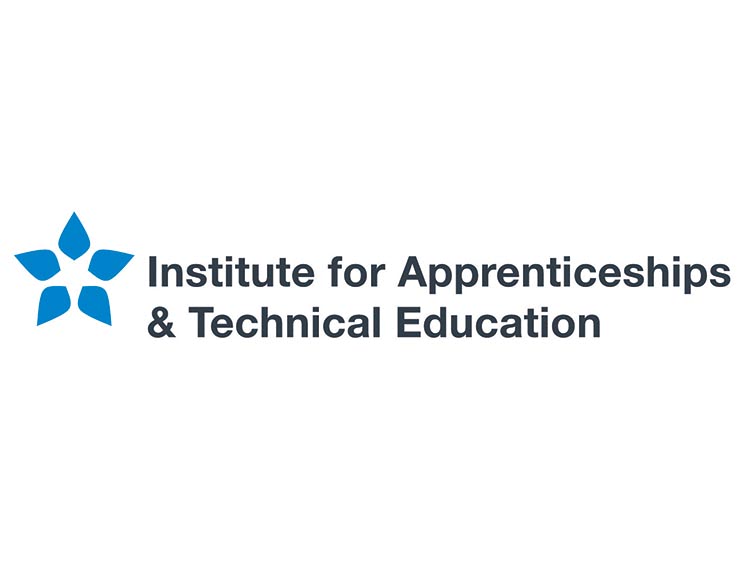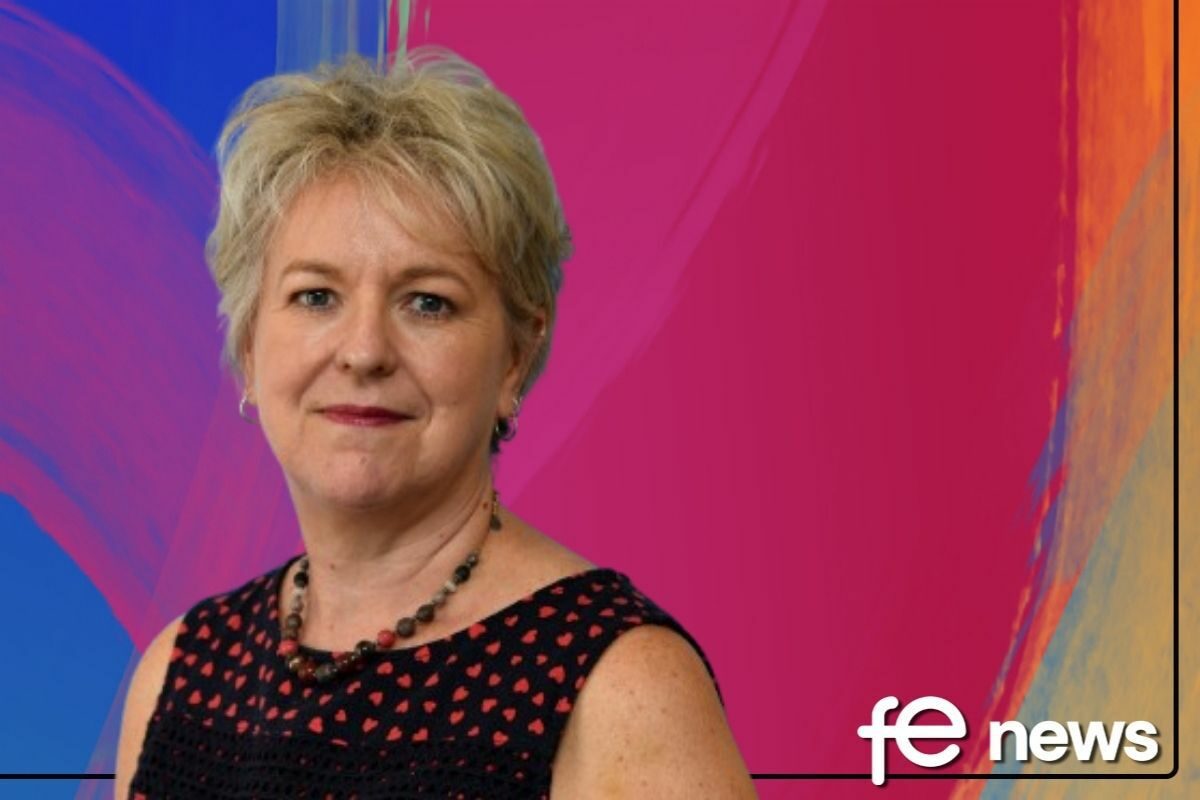Copyright transfer

1. Copyright transfer criteria
The Institute has an interest in maintaining access for learners to valuable higher technical qualifications over time. To achieve this, the Institute has the legal power to transfer the copyright of relevant course documents for qualifications at the point of approval. Therefore, the Institute could provide the materials to an alternative awarding body should that ever become necessary (for example, if the awarding body delivering the qualification were to become insolvent) and maintain the delivery of the qualification.
To make determinations of when the Institute should transfer copyright, we have developed a set of criteria which balances the need to protect the learner without creating a disincentive to awarding bodies submitting qualifications for approval. Therefore, we currently anticipate that the application of the criteria will result in no transfer of copyright in any course documents to the Institute in the vast majority of cases. Awarding bodies will also have the ability to withdraw from seeking approval once the Institute informs an awarding body of its intended decision on copyright being transferred.
The Institute will usually only determine copyright transfer is necessary where all of the following criteria are met:
Economic importance of the occupation: a qualification is genuinely important to the UK economy because there is sufficient current and/or future economic demand for the occupation or any other reason that means that the qualification is of strategic significance.
Vulnerability of the market: there are concerns about the current makeup of the qualifications market generally and the current likely future availability of suitable alternative qualifications. For example, this may be the case if there is a relatively closed market, with one awarding body delivering a single higher technical qualification for an occupation, representing a single point of market failure. This is as opposed to an open market with several awarding bodies delivering qualifications aligned to an occupation (or likely to in future) with competition and widespread provision.
Financial circumstances or stability of the awarding body: there are concerns about the current financial circumstances or stability of the awarding body due to deliver the qualification.
These criteria will be assessed in sequential order. At the point that one of the criteria is not met we will not need to explore the prospect of a transfer of copyright in relevant course materials any further and will move straight to making a determination (i.e. that there would be no transfer of copyright to the Institute at all). In the very rare circumstances where a determination suggests that there are relevant course documents which the Institute requires the copyright in (and which documents these are), a recommendation will be sought from the respective route panel and ratified by Approval & Funding Committee. The awarding body will then be informed of this decision prior to approval and will have the option of withdrawing from the approval process entirely and there will be no further action. Alternatively, the awarding body will work with the Institute on transferring copyright in relevant course documents.
2. Copyright transfer review process
Step 1
Is there sufficient current and/or future economic demand for the occupation or any other reason that means that the qualification is of strategic significance?
Evidence considered
- UK Shortage Occupation List
- government’s Industrial Strategy
- data on economic demand (e.g. skills shortages, the dependency of occupation on migration from EEA countries)
Process
This will be assessed by Institute officials as part of the “Review and Consultation” analysis stage in the higher technical qualifications approvals process.
Institute officials will apply the copyright transfer criteria and determine whether:
- given the level of economic demand for the occupation to which the qualification relates and the strategic significance of the qualification, the Institute should continue to explore whether there are relevant course documents the copyright of which should transfer to the Institute on approval and will move to step 2 in the process.
- given the level of economic demand for the occupation to which the qualification relates and the strategic significance of the qualification, the Institute can conclude that there are no documents relating to the qualification which the Institute requires the copyright in, and so the Institute will cease to explore the possibility of copyright transfer in relevant course documents and will move straight to making a determination.
The awarding body will be informed of the determination for either scenario prior to the approval of the higher technical qualification as part of the feedback stage in the higher technical qualification approval process.
Step 2
What is the current makeup of the higher technical qualifications market generally and the likely future availability of suitable alternative qualifications?
Evidence considered
- qualifications data by level and subject area
- number of awarding bodies operating in the market
- number of awarding bodies providing a qualification in the occupation
- market concentration
- distribution of learners in the market (i.e. is the market heavily reliant on one qualification)
Process
This will be assessed by Institute officials as part of the review and consultation analysis stage in the higher technical qualifications applications approvals process.
Institute officials will apply the copyright transfer criteria and determine whether:
- the Institute concludes that the market in which the higher technical qualification will operate is not stable and/or there is not good/future availability of suitable alternative qualifications and so will continue to explore whether a transfer of copyright in relevant course documents is appropriate/necessary and will move to step 3 in the process.
- the Institute concludes that the market in which the higher technical qualification will operate is stable and there is good/future availability of suitable alternative qualifications and so can conclude that there are no documents relating to the qualification which the Institute requires the copyright in, and so the Institute will cease to explore the possibility of copyright transfer in relevant course documents and will move straight to making a determination.
The awarding body will be informed of the determination for either scenario prior to the approval of the higher technical qualification as part of the feedback stage in the higher technical qualification approval process.
Step 3
Are there any concerns about the current financial circumstances or stability of the awarding body due to deliver the qualification?
Evidence considered
- the latest annual report and accounts for the awarding body, looking particularly at their turnover, operating profit, net assets, and cash/bank reserves
- published financial data e.g. from Companies House, the Charity Commission, self-published data from awarding bodies themselves, self-reported data from awarding bodies that Ofqual holds, business dynamics information from the Financial Times, and where available financial data on HEI awarding bodies
Process
This will be assessed by Institute officials as part of the review and consultation analysis stage in the higher technical qualification applications approvals process.
Institute officials will apply the copyright transfer criteria and determine whether:
- the Institute concludes that there are serious concerns about the financial health/stability of the awarding body delivering the qualification, and having considered all of the prior steps consecutively, will then move to step 4 in the process to determine that there needs to be a transfer of copyright in relevant course documents and to identify which relevant course documents the Institute will need copyright in.
- the Institute concludes that there are no serious concerns about the financial health/stability of the awarding body delivering the qualification and so can conclude that there are no documents relating to the qualification which the Institute requires the copyright in, and so the Institute will cease to explore the possibility of copyright transfer in relevant course documents and will move straight to making a determination.
The awarding body will be informed of the determination for either scenario prior to the approval of the higher technical qualification as part of the feedback stage in the higher technical qualification approval process.
Step 4
What are the relevant course documents that the Institute considers are likely to be necessary for the copyright to transfer, in the event that a future awarding body is required to deliver the qualification?
Evidence considered
The Institute will identify the additional types or categories of relevant course documents and request these from the awarding body.
Process
This will be assessed by Institute officials as part of the review and consultation analysis stage in the higher technical qualification applications approvals process.
Institute officials will apply the copyright transfer criteria and determine whether:
- the Institute concludes that copyright in the relevant course documents should transfer to the Institute.
- the Institute concludes that copyright in the relevant course documents should not transfer to the Institute.
The awarding body will be informed of the determination for either scenario prior to the approval of the higher technical qualification as part of the feedback stage in the higher technical qualification approval process.
The awarding body will then have the option of withdrawing from the approval process entirely and there will be no further action, or the awarding body will work with the Institute on transferring copyright in relevant course documents.











Responses